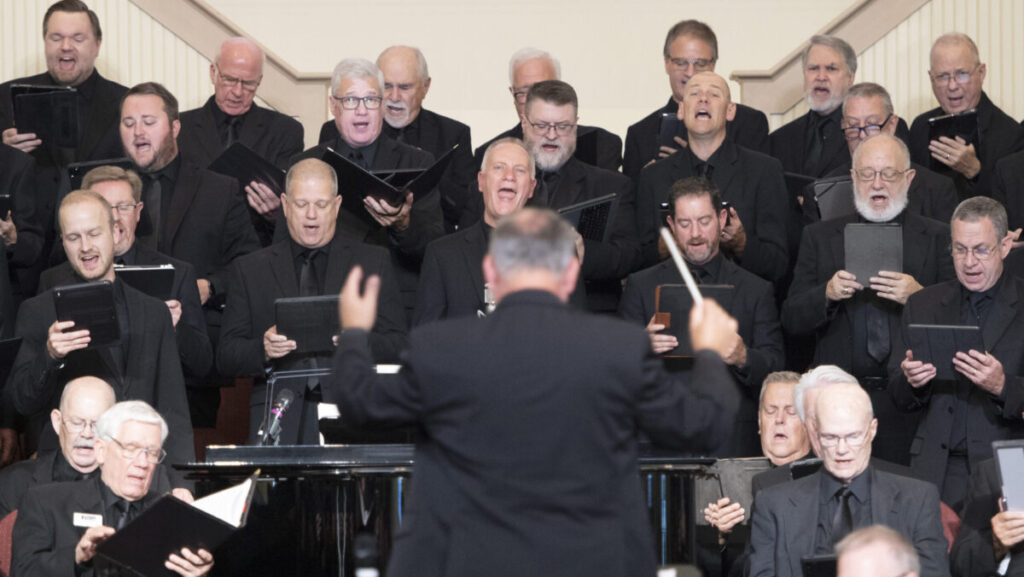As far back as the days of Isaiah the prophet, God introduced the matter of His people being His witnesses. In Isaiah 43:10-11, the Lord’s message was, “You are My witnesses, says the Lord. And My servant whom I have chosen, that you may know and believe Me, and understand that I am He. Before Me there was no God formed, nor shall there be after Me: I, even I, am the Lord, and besides Me there is no Savior.” When Israel as a nation failed to bear witness to the nations, Christ came to call followers who would be such witnesses.
Against the backdrop of Israel’s failure as a nation to believe in and honor Christ by receiving Him, following Him, and going into the world for Him, Christ chose His initial disciples, as well as all His subsequent followers, to bear witness to the nations. In Luke 24:46-48, Jesus put it like this: “Thus it is written, and thus it was necessary for the Christ to suffer and to rise from the dead the third day, and that repentance and remission of sins should be preached in His name to all nations, beginning at Jerusalem. And you are witnesses of these things.”
‘Our nonverbal witness’
In summary, the account of Jesus and His twelve disciples reveals that a disciple’s basic mission is that of giving an accurate witness about Jesus. An indispensable part being Christ’s witnesses is our nonverbal witness. Witnessing for Christ not only includes our words but also our motives and actions. While others may not discern unworthy motives, God can and does. A phrase in familiar church hymn contains the line “Not for the praise of man, but for the Lord.” That phrase should always lie behind the witness we seek to bear for Christ.
Another basic fact is that as believers we are always His witnesses. Our manner of life, as shown in our daily conduct, constitutes our witness. Witnesses we are! The only difference is the adjective that would be coupled with witness. Christ’s followers may be poor witnesses, inconsistent witnesses, or inaccurate witnesses when our manner of life day by day falls short of what God expects us to be. By contrast, we can be His faithful and exemplary witnesses. Our most powerful and fruitful witness always has roots in the quality of our own walk with the Lord.
Out of a life that sincerely seeks to be and act in a Christlike manner, our verbal witness is made believable. The bottom line is that witnessing to Jesus includes what we are and what we do, as well as what we say.






Share with others: